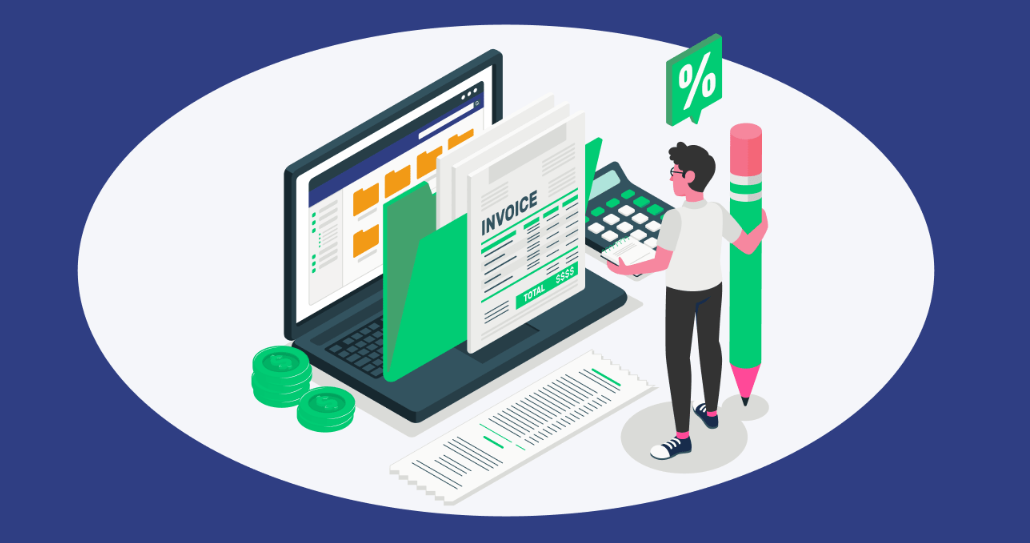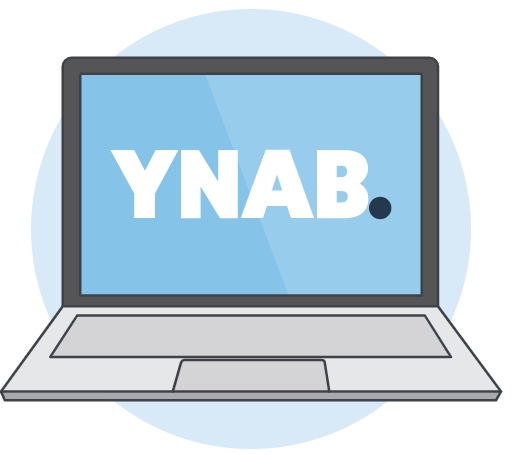How Does Homeowners Insurance Work? Clear Your Doubts About the Service

Anúncios
Homeownership comes with many responsibilities, and protecting your property is among the most important.
Homeowners insurance provides a financial safety net, helping you cover the costs of unexpected events like fire, theft, or natural disasters.
Anúncios
But what exactly does this insurance cover, and how does it work? In this article, we’ll explore the essential aspects of homeowners insurance, discuss what it does and doesn’t cover, and provide tips on how to secure a more affordable policy.
What Does Homeowners Insurance Cover?
Homeowners insurance is designed to protect your home and belongings against various risks. It generally covers five main areas: damage to the home, personal liability, personal property, loss of use, and other structures on your property.
Anúncios
1. Damage to the House
The primary function of homeowners insurance is to cover the repair or replacement costs if your home is damaged by covered perils.
These perils typically include events like fire, windstorms, hail, lightning, and vandalism. For instance, if a tree falls on your roof during a storm, your insurance would cover the cost of repairs.
However, it’s important to note that not all natural disasters are covered; flood and earthquake insurance usually require separate policies.
2. Personal Liability
Personal liability coverage protects you if someone is injured on your property or if you accidentally cause damage to someone else’s property.
For example, if a visitor slips on your icy driveway and breaks their leg, your liability coverage could pay for their medical bills and any legal expenses if they decide to sue.
This coverage also extends to incidents that happen away from your home, such as if your dog bites someone at a park.
3. Personal Property
This part of the policy covers your belongings, such as furniture, electronics, clothing, and other personal items, if they are stolen or damaged by a covered event.
For example, if your home is burglarized, homeowners insurance can help pay to replace the stolen items.
Personal property coverage usually has limits, so if you have particularly valuable items, like jewelry or art, you might need to purchase additional coverage.
4. Loss of Use
If your home is uninhabitable due to damage from a covered peril, loss of use coverage helps pay for additional living expenses, such as hotel bills, restaurant meals, and other costs associated with living away from home temporarily.
This coverage ensures that you can maintain your standard of living while your home is being repaired.
5. Other Structures
Homeowners insurance also covers other structures on your property, such as detached garages, sheds, fences, and guesthouses.
Like the main dwelling coverage, this portion of the policy protects against damage from covered perils.
For example, if your detached garage is damaged by a windstorm, your insurance policy would cover the repairs.
Understanding the Differences Between Homeowners Insurance and Mortgage Insurance
It’s important not to confuse homeowners insurance with mortgage insurance, as they serve different purposes.
Homeowners insurance protects you, the homeowner, by covering the cost of damage to your property and your liability.
Mortgage insurance, on the other hand, protects the lender in case you default on your loan. Lenders often require mortgage insurance if your down payment is less than 20% of the home’s purchase price.
While both types of insurance may be necessary depending on your situation, homeowners insurance is primarily about safeguarding your investment in your home.
What Does Homeowners Insurance Not Cover?
While homeowners insurance provides broad protection, it doesn’t cover everything. Understanding what is not covered can help you avoid surprises when filing a claim and consider whether you need additional insurance policies.
1. Flood Damage
Standard homeowners insurance does not cover flood damage. If you live in a flood-prone area, you’ll need to purchase separate flood insurance through the National Flood Insurance Program (NFIP) or a private insurer.
Flooding from natural disasters, such as hurricanes, or even overflowing rivers and lakes, would require this additional coverage.
2. Earthquake Damage
Like flood damage, earthquakes are generally not covered under standard homeowners insurance.
If you live in an area prone to earthquakes, you’ll need to purchase a separate earthquake insurance policy.
This coverage will protect you against the costs of repairs or rebuilding if an earthquake damages your home.
3. Maintenance Issues
Homeowners insurance doesn’t cover damage resulting from poor maintenance or neglect.
For example, if a roof leaks because it hasn’t been repaired in years, the insurance company may deny your claim.
Similarly, infestations by pests like termites or mold growth due to high humidity are considered maintenance issues and are typically excluded from coverage.
4. High-Value Items
While homeowners insurance covers personal property, there are limits on high-value items like jewelry, art, or collectibles.
If the value of these items exceeds the standard coverage limits, you may need to purchase additional endorsements or floaters to fully protect these possessions.
Is Homeowners Insurance Mandatory?
While homeowners insurance is not legally required, it is usually mandatory if you have a mortgage. Lenders require homeowners insurance to protect their investment in your home.
Without insurance, they risk losing the property’s value if it’s damaged or destroyed.
Even if you own your home outright, having insurance is highly advisable to protect your significant financial investment and provide peace of mind.
Top Tips for Securing More Affordable Homeowners Insurance
Homeowners insurance can be a significant expense, but there are several strategies to reduce your premiums without sacrificing coverage quality.
Here are some tips to help you find a more affordable policy:
1. Shop Around and Compare Quotes
One of the most effective ways to save money on homeowners insurance is to shop around and compare quotes from multiple insurers.
Prices can vary significantly from one company to another, so it pays to invest some time in researching different options.
Use online comparison tools and consider working with an independent insurance agent who can provide quotes from several companies.
2. Look for Discounts
Many insurance companies offer discounts that can help lower your premium.
Common discounts include those for bundling multiple policies (like auto and home insurance), installing security systems, and maintaining a claims-free history.
Be sure to ask potential insurers about any discounts they offer and see if you qualify.
3. Compare Coverage Options
When comparing insurance policies, it’s crucial not only to look at the cost but also to compare the coverage each policy offers.
A cheaper policy may not provide the same level of protection, which could leave you vulnerable in the event of a claim.
Ensure that the coverage limits and deductibles match your needs and that you’re getting the best value for your money.
4. Improve Home Security
Installing a security system can not only help protect your home but also reduce your insurance premium.
Many insurers offer discounts for homes equipped with burglar alarms, smoke detectors, and other safety features.
Some companies even offer lower rates for homes with newer electrical or plumbing systems, as these reduce the risk of fire or water damage.
Homeowners insurance is a critical component of homeownership, offering protection against a variety of risks that could otherwise result in significant financial loss.
Understanding what your policy covers—and what it doesn’t—will help you make informed decisions about your coverage.
Whether you’re a new homeowner or looking to re-evaluate your current insurance, taking the time to compare options and seek out discounts can save you money while ensuring your home is adequately protected.
Stay informed, review your policy regularly, and enjoy the peace of mind that comes with knowing your home is secure.
Read our contant about how to prequalify for a mortgage.





